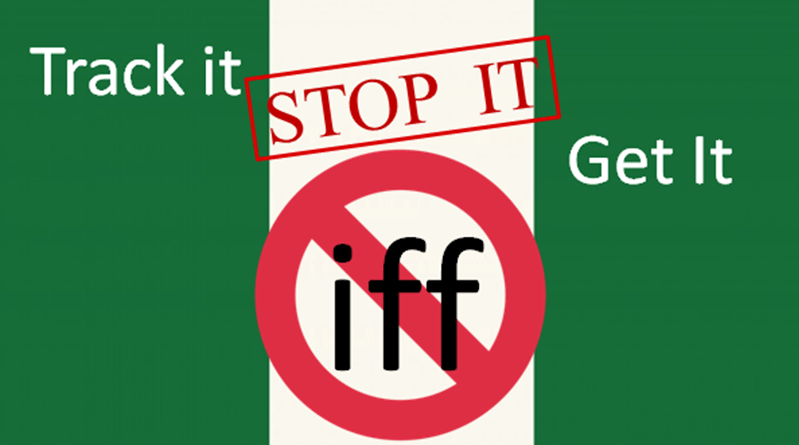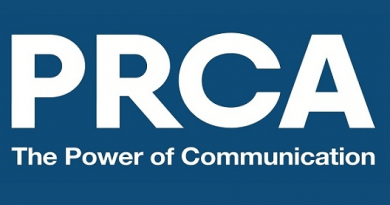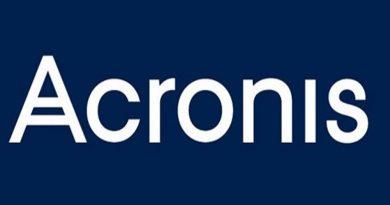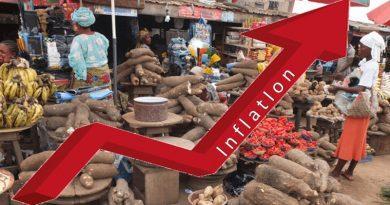Nigeria battles tax evasion by multinational corporations – Chimaobi James Agwu
LAGOS, December 14, 2020 – Over the years, Nigeria has been looking at plugging loopholes through which the country is losing billions of dollars in illicit financial flows, but experts say bold action and special courts are needed to stem the outflows.
During the period between 2007 and 2017, the country lost over US$178 billion (N5.4 trillion at today’s rate) through tax evasion by multinationals, according to Vice President Professor Yemi Osinbajo, who accused the multinationals of “profit-shifting”.
The High-Level Panel on Illicit Financial Flows from Africa says in its 2014 report that Nigeria accounted for 30.5% of money lost by the continent through illicit flows.
Illicit financial flows are financial crimes committed through trade misinvoicing, transfer pricing and profit shifting including evading paying several other taxes.
According to officials of the Nigerian Customs more than 70% of imports into the country are undervalued resulting in huge revenue losses to Government. Last year, the Customs generated N1.3trillion revenue. The Comptroller-General of Customs, Hameed Ibrahim Ali, said this figure was made possible by the partial closure of the land borders which forced importers to use the ports.
In this wise, Dr. Olatunde Otusanya of the University of Lagos said “tax reforms are needed to reduce the problems created by MNCs and their affiliates”. Addressing the same issue, Former Finance Minister, Kemi Adeosun, in 2018 said, “There is absolute need for a complete understanding of how these MNCs behave in Nigeria and developing countries. Many of them operate a completely different standard in Africa, contrary to what obtains globally.”
Officials of the Federal Inland Revenue suspect that multinational corporations exploit many avenues to beat the country’s tax laws so that they remit very little to Government. They are unable to stem the tide.
The former head of FIRS, Mr. Tunde Fowler, said up to $15 billion is lost to tax evasion annually. “Nigeria loses about $15 billion annually if you look at the major economies, especially those in the extractive industry, …“They form bulk of the transactions, so one can safely assume that Nigeria may be losing between $14 billion to $15 billion annually to tax evasion,’’ Fowler said.
Tax evasion by large corporations is a longstanding problem for Nigeria and, in 2014, then Coordinating Minister of the Economy Dr Okonjo-Iweala said that 65% of companies operating in the country were non-tax compliant. In February 2018, the Minister of Finance, Mrs. Kemi Adeosun, took the campaign to the global Platform for Collaboration on Tax and called for designation of tax malpractice by multinational corporations as “foreign corrupt practices”.
According to Olatunde Otusanya of the University of Lagos, MNCs in the petroleum and manufacturing sectors have continued to use various tax schemes, ranging from off-shore intermediary companies to claiming recharges, royalties, technical fees and under-reporting of profit, to evade tax.
In order to attract foreign direct investment, the government often grants tax waivers. But iWatch Africa news director Gideon Sarpong believes that the system of tax waivers has been another conduit for MNCs to evade taxes and says there is no credible evidence to prove that tax waivers are a major driver for investment into the country.Agreeing, Mr. Mathew Gbonjubola, Director, Tax Policy & Advisory, FIRS, in an interview said that “tax exemptions are one of the greatest challenges facing the FIRS”.
Dr Ironkwe Uwaoma and Promise Ordu, both of the University of Port Harcourt, identified abuses including over-valuation, round tripping, double-dipping, asset stripping and “fly-by-night” operations as additional threats to the country’s economy.
Professor Rafiu Salawu of Obafemi Awolowo University and Babatunde Ololade of Elizade University computed the effective tax rate of the top 19 firms on the Nigeria Stock Exchange over twelve years from 2006-2017 and found that all the firms engaged in negative tax practices as their respective average effective tax rates of 18.6% were less than the statutory rate of 32%.
As part of the efforts to combat this trend, Mr. Fowler had in 2019 said that Nigeria had signed a declaration on tax transparency and joined the Multilateral Competent Authority Agreement on Automatic Exchange of Financial Account Information. Earlier this year, however, Socio-Economic Rights and Accountability Project (SERAP) released a report indicating that the failure by government to enforce Capital Gains Tax on over $8 billion oil and gas assets fuels poverty and underdevelopment in the country.
Convention on Business Integrity Director, Mr. Soji Apampa, said that “a strong political will is required to make tax compliance and the tax system work”. He was speaking at the Public Policy Dialogue on Transactional Accountability, Process Continuity and Operational Transparency Report on the FIRS which held on December 01, 2020.
Hanke’s Annual Misery Index 2018 ranks Nigeria as the world’s sixth most miserable country.
This story was produced by Chimaobi James Agwu. It was written as part of Wealth of Nations, a media skills development programme run by the Thomson Reuters Foundation in partnership with The African Centre for Media Excellence. More information at www.wealth-of-nations.org. The content is the sole responsibility of the author and the publisher. and the publisher.




